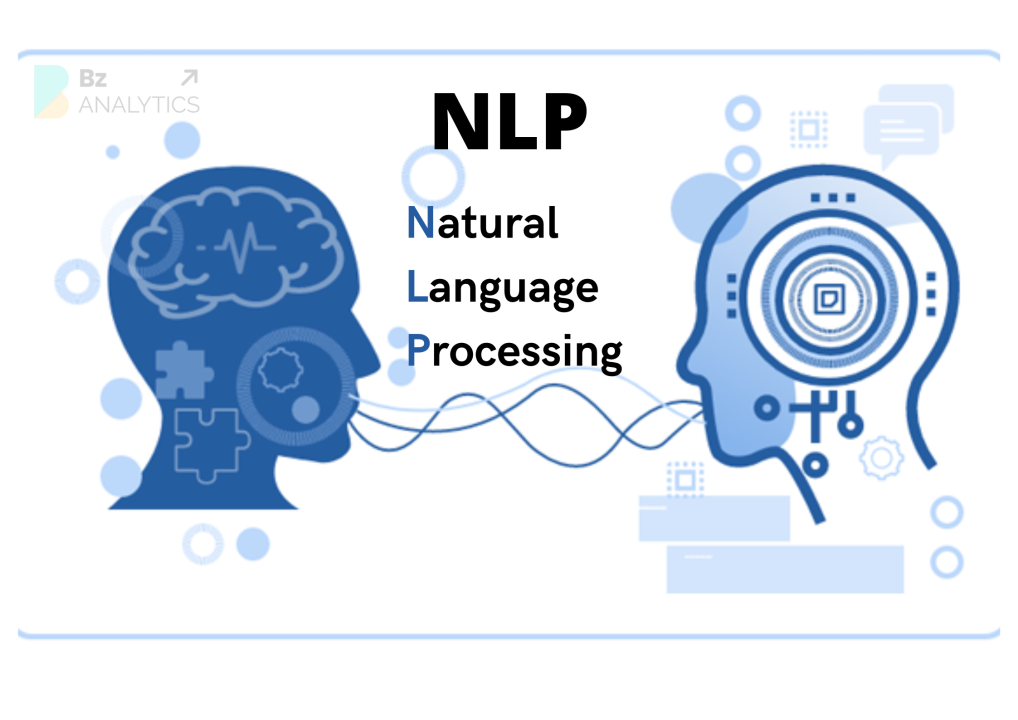Voice Search Optimization in Digital Marketing is revolutionizing the way businesses approach SEO strategies. As more users turn to voice-activated devices like smartphones and smart speakers to search for information, it’s essential for businesses to adapt their content to meet this growing trend. Voice search typically involves more conversational and question-based queries, which means optimizing for natural language is key. By incorporating Voice Search Optimization in Digital Marketing strategies, businesses can improve their search rankings, capture a broader audience, and ensure that their content is easily accessible through voice-enabled searches.

This guide will cover key components of voice search optimization, its relevance to SEO, and practical steps to enhance your website’s visibility in voice search results.
What is Voice Search Optimization?
Voice search optimization is the process of optimizing content to improve its visibility when users perform voice-based searches. This means ensuring that websites, apps, and other digital assets are accessible and provide concise, relevant responses to voice-activated queries. Unlike traditional text-based searches, voice search uses more conversational language, and it often results in immediate answers, rather than links.

Why is Voice Search Optimization Important?
Voice search is growing at an exponential rate, with reports estimating that more than 50% of all online searches will be voice-based by 2025. As more people use devices like smartphones, smart speakers (e.g., Amazon Echo, Google Home), and virtual assistants (e.g., Siri, Alexa), businesses need to ensure their content is optimized for these platforms to maintain their visibility and competitiveness.
Key Elements of Voice Search Optimization
Natural Language Processing (NLP) and Conversational Queries
Voice searches differ from text-based searches because they rely on natural language. Users speak in complete sentences, often asking questions as they would in a conversation. Optimizing for voice search means focusing on long-tail keywords and question-based search queries. For example, instead of targeting “best Italian restaurant,” you would optimize for “What is the best Italian restaurant near me?”

Strategies:
- Implement conversational keywords.
- Include FAQs on your website to capture question-based queries.
- Use structured data to make it easier for search engines to understand your content.
Featured Snippets and Position Zero
Voice search often pulls results from “position zero,” also known as featured snippets. These are the short, concise answers that appear at the top of Google’s search results. Ensuring that your content is featured in snippets can significantly increase the chances of your site being selected for voice search results.

Tips for Optimizing Featured Snippets:
- Write concise answers to common questions.
- Use headings and subheadings to structure content clearly.
- Include data, bullet points, and lists for better readability.
Mobile Optimization and Speed
Voice searches are typically performed on mobile devices, meaning mobile optimization is critical for voice search success. Google’s mobile-first indexing also prioritizes mobile-friendly websites. Ensuring that your site loads quickly and provides a seamless mobile experience will improve its performance in voice search results.

Key Mobile Optimization Tactics:
- Use responsive design for all devices.
- Compress images to improve page load times.
- Reduce the number of plugins and scripts running on your site.
Structured Data and Schema Markup
Search engines use structured data and schema markup to understand the content on your website better. Using schema markup helps search engines categorize and rank your content for voice queries, increasing the chances of your site being selected for relevant voice search results.

Steps to Implement Schema Markup:
- Use JSON-LD format for structured data.
- Add schema for products, services, reviews, and FAQs.
- Validate your schema markup using Google’s Structured Data Testing Tool.
Local SEO and Voice Search
A large portion of voice searches is local in nature, with users asking questions like “Where is the nearest coffee shop?” or “What time does the local grocery store close?” Optimizing for local SEO is essential to appear in voice search results for geographically specific queries.

Local SEO Tips for Voice Search:
- Claim and optimize your Google My Business listing.
- Ensure your business name, address, and phone number (NAP) are consistent across platforms.
- Use localized keywords in your content.
How Voice Search Impacts Traditional SEO
Voice search optimization works hand in hand with traditional SEO strategies. As search engines evolve, they increasingly focus on delivering a better user experience by offering direct answers to users’ queries, often through voice search. Therefore, businesses need to integrate voice search optimization into their overall SEO strategy to stay competitive.
Shift Toward Conversational Keywords
In text-based SEO, the focus is often on short, specific keywords. Voice search, however, demands a focus on long-tail keywords and conversational language. This means adapting your SEO practices to account for the more natural, question-based queries typical of voice searches.

User Intent and Context
Search engines aim to understand the context behind each search query. Voice search results are often tailored to the user’s location, previous searches, and the time of day. Therefore, creating content that aligns with different stages of the customer journey and answering common questions is key to ranking in voice search.

Future of Voice Search Optimization
AI and Machine Learning
Artificial intelligence (AI) will continue to play a significant role in the future of voice search. With advancements in AI and machine learning, virtual assistants will become smarter at understanding user intent and providing more accurate responses.
Voice Commerce
Voice commerce, or v-commerce, is an emerging trend where users make purchases via voice commands. As more consumers adopt this practice, optimizing product descriptions and purchasing processes for voice search will become increasingly important.
Hyper-Personalization
Voice search will enable hyper-personalized content, allowing businesses to tailor their responses based on individual preferences and behaviors. This trend will likely continue to evolve as AI becomes more adept at predicting user needs.
Practical Tips for Optimizing Content for Voice Search
Use Conversational Language
Focus on writing content that mimics how people speak. Use natural phrases, questions, and answers in your blog posts, FAQs, and web pages.
Optimize for Local SEO
Ensure that your business is optimized for local searches, as a significant percentage of voice searches are location-based. Update your Google My Business profile regularly and use localized keywords.
Implement Structured Data
Utilize schema markup to help search engines better understand your content and improve the chances of appearing in voice search results.
Focus on Mobile Optimization
Since most voice searches are conducted on mobile devices, ensure that your website is mobile-friendly, fast, and easy to navigate.
Conclusion
Voice search is revolutionizing digital marketing, and businesses must adapt their SEO strategies to remain competitive. By focusing on natural language, featured snippets, mobile optimization, and local SEO, businesses can enhance their visibility in voice search results. As the technology evolves, incorporating voice search optimization into your digital marketing strategy will become even more essential for future success.
FAQs
Q1. What is voice search optimization?
Voice search optimization refers to the process of making content accessible and easy to find through voice-activated searches.
Q2. Why is voice search important for SEO?
Voice search is growing rapidly, and optimizing for it improves your chances of being featured in results, especially in local and mobile searches.
Q3. How can I optimize for voice search?
Focus on conversational keywords, use structured data, and optimize for mobile and local SEO.
Q4. What devices are commonly used for voice searches?
Smartphones, smart speakers like Amazon Echo and Google Home, and virtual assistants like Siri and Alexa are common devices for voice search.
Q5. How does local SEO impact voice search?
Many voice searches are local, so optimizing your content and business listings for local search queries improves your chances of ranking in voice search results.








